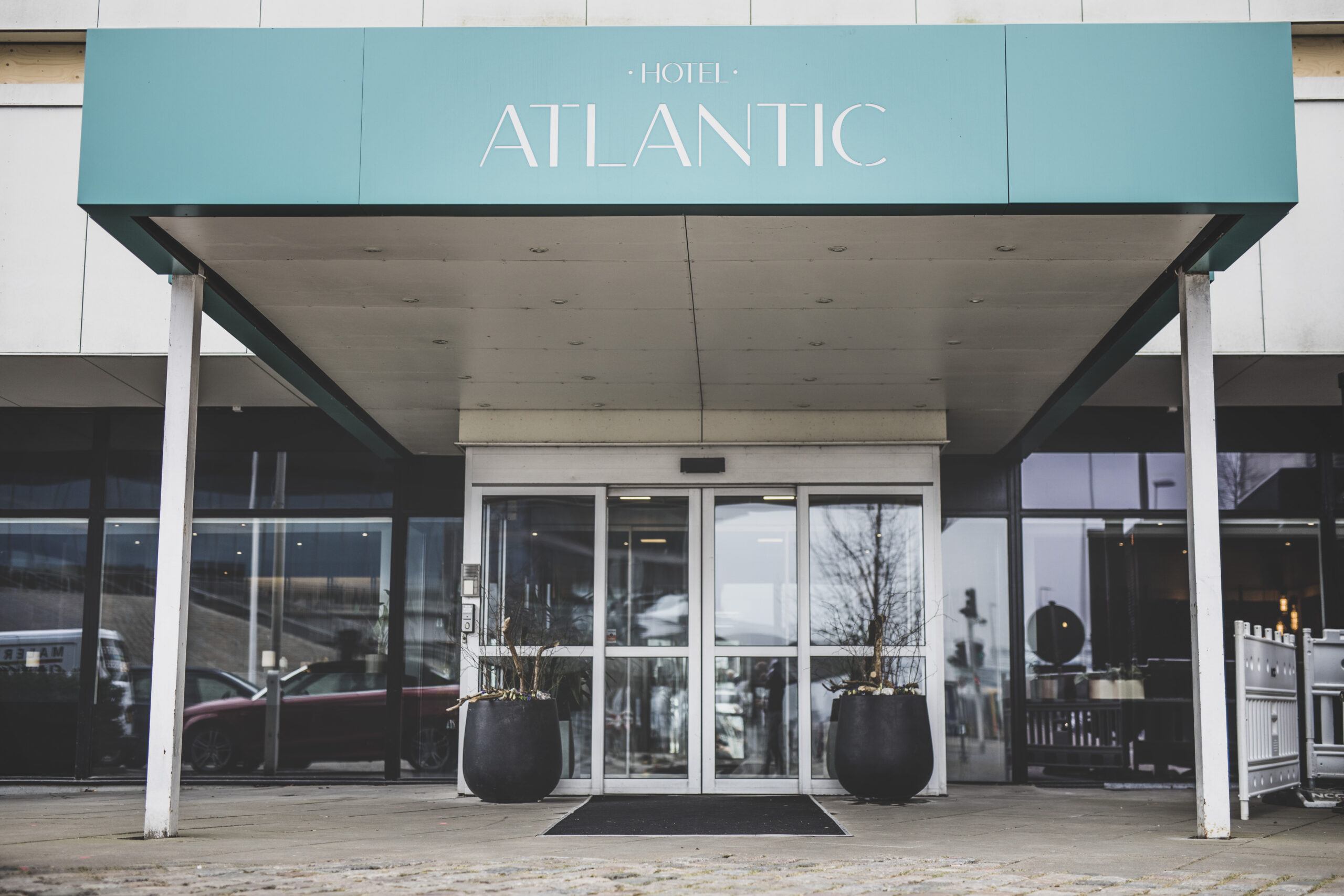The lack of available hands in the hotel and experience industry is now causing Atlantic Hotels and KulturCenter Skive to measure the wellbeing of their employees to ensure a better work environment. It is necessary, says Tony Bak, a hotel director with 40 years of experience in the industry: "If we continue to lead as we have done for the last 20-30 years, we will lose."
Hotels and restaurants are so affected by the lack of manpower that the industry is losing money. The latest figures from the Danish Agency for Labour Market and Recruitment show that, from June last year until November, it was most difficult to find new employees in this sector in Denmark: More than half of the positions were not filled.
Specifically, the hotel, restaurant, and experience industry, with its many seasonal workers and peak periods, has a reputation for being a tough industry to work in, with a work environment that often affects employees’ wellbeing.
Outdated Industry
Therefore, there is a need for innovation, believes Tony Bak, who as the managing hotel director runs three hotels in the Atlantic group in Aarhus, Kolding and Billund, and himself has found new ways in his attempt to create a better work environment and retain employees:
“There are many in the hotel industry who are very old-fashioned and still think in ancient terms, where people are just replaced if things do not work. That will not do today. We lose competencies every time,” states Tony Bak.
New Generations at Work
The director of the Atlantic hotels has therefore introduced an offer of an anonymous wellbeing measurement for employees from the company Howdy, which every fortnight nudges Atlantic’s employees to answer questions about, for example, their mood and sleep:
“We have many younger employees too, who are only here for a short period of their lives. And the young people require something different today,” says Tony Bak from Atlantic, who sees Howdy’s readiness as an initiative that relatively cheaply signals to employees that they are willing to listen to them too:
“The generation that is now entering the labor market is used to being included and consulted in everything, so if I continue in the old track, I lose,” explains Tony Bak, who as a hotel captain for 40 years – with experience from both the director’s position at Hotel D’Angleterre and Radisson SAS – knows that the industry generally struggles with high absenteeism because work in kitchens, receptions, and cleaning is hard. Therefore, there is no way around a culture change:
“If we continue to lead as we have done for the last 20-30 years, we will lose due to the high turnover on the personnel front,” says Tony Bak, who believes that the industry’s work culture needs a makeover:
“The entire industry needs a rethinking in order to change the work culture.”
Happy Employees – Happy Customers
Knud Bjerre, who runs the 22,500 m2 large Culture Center Skive with cinema, water park and handball halls, concert halls and course and conference facilities, like Tony Bak, has also begun to offer his employees wellbeing measurements:
“We have over 500,000 guests a year, so we need to ensure a good work environment. If the employees are not satisfied, the customers do not get the good service and treatment they expect and are entitled to,” says Knud Bjerre, who sees many of his colleagues in the culture industry struggle with poor wellbeing:
“We are in a time when we need to work to retain our competent employees, and the salary is not decisive. It is equally important today that as a leader you care about the employees, practice openness and listen to them,” says Knud Bjerre.
Anonymity
Therefore, the director of the Culture Center Skive has also been pleased with the solution of an external wellbeing responseteam, because it gives employees the opportunity to get help anonymously:
“There can be topics where the employee would like to talk to an anonymous person. Howdy provides advice to tackle the challenges the employee may have – both physically and mentally. It is important that the employee thus gets anonymous external sparring, where I as a leader am not listening,” explains Knud Bjerre.
The director from Skive has, according to his own statement, received a lot of positive feedback from employees who have been happy with the advice they have received from Howdy’s experts, who call up employees and offer help if their app-driven answers to the employees’ wellbeing measurements show declining wellbeing.
HORESTA: Big focus on work environment
And the hotel director Tony Bak and the culture center director Knud Bjerre’s focus on the work environment is part of a new trend for the entire industry tells director of the Hotel, Restaurant, and Tourism industry association HORESTA, Pia E. Voss:
“We have just done a new member survey, where we asked how much focus there is on employee wellbeing at the respective companies. Here, almost 75% answer that their companies to a high or some degree are concerned with mental wellbeing,” says the managing director at HORESTA, Pia E. Voss:
“We have created a tool for benchmarking the mental work environment in the companies, and nearly 70 companies have already chosen to pay for this service. We have also recently held a conference exclusively about the work environment, where over 100 companies participated.”
And HORESTA’s director Pia E. Voss shares hotel director Tony Bak’s analysis of the need for innovation with reference to the young:
“The young people are making new demands on the labor market and the tone of interaction, and they are much more aware of how they feel in their work situation.”


